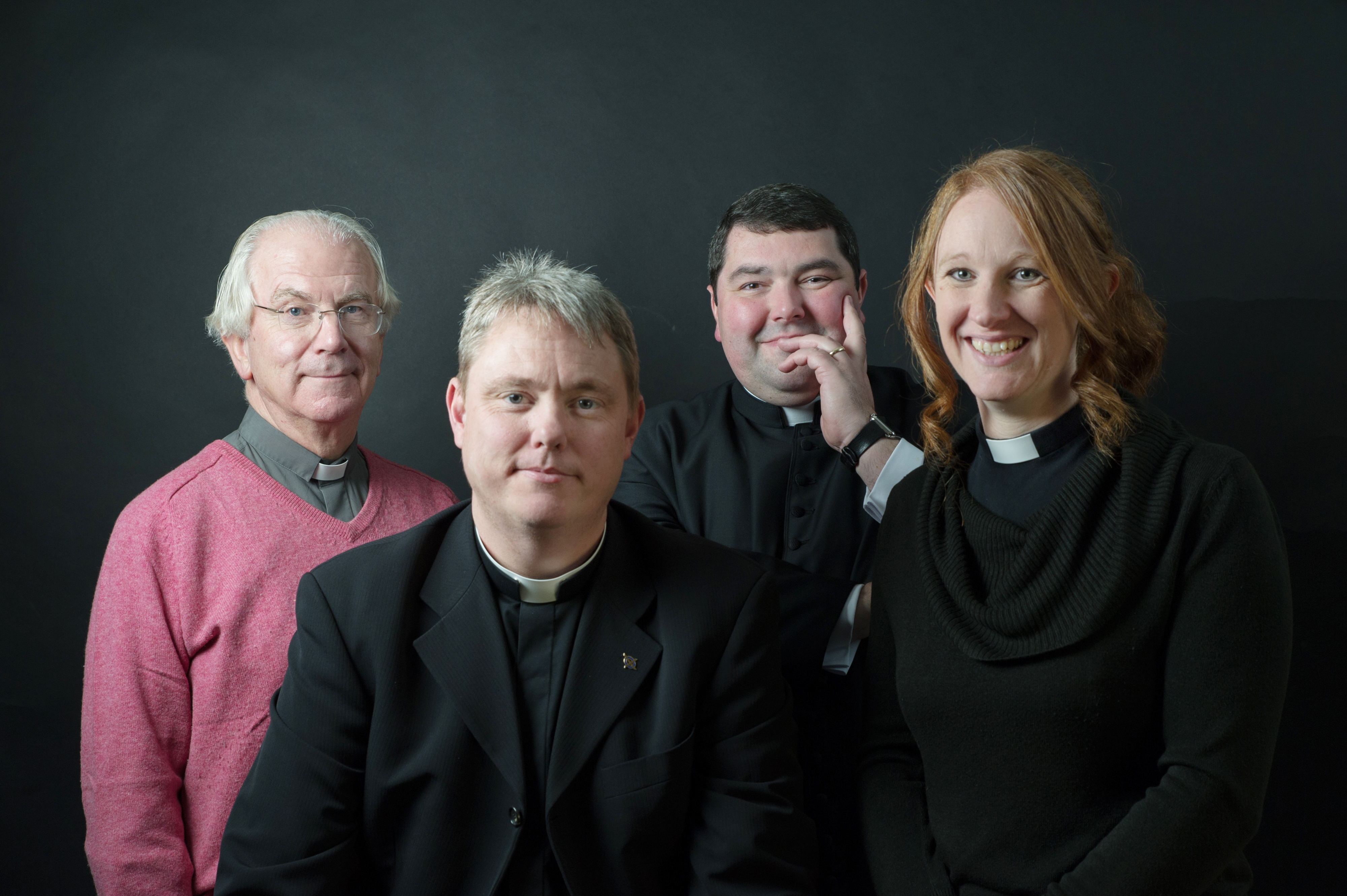2019 Sandford St Martin Award Winners and Runners Up
On June 13th 2019, while across the river at Westminster, pro and anti Brexit protestors lobbied Parliament and the Conservative party noisily set about selecting a new leader, at Lambeth Palace more than 200 representatives of the UK’s leading broadcasting industry met to celebrate the winners of the 2019 Awards. As always, it was a joyful occasion but the events had a particular resonance given the conflict and division afflicting the country. At times such as these, the importance of good journalism and broadcasting becomes ever more important.
Broadcast technology has evolved hugely since the Awards were first established in 1978, as have the skills of content-makers and the sophistication of audiences. But what changed is the complex role belief plays in people’s personal experience but also in the political and economic realities of their time.
If there was inadvertently a theme uniting the content recognised by the awards in 2019, it had to do with community and identity – and was perhaps best embodied by our 2019 Trustees’ Award Winner, Bishop Michael Curry, Presiding Bishop and Primate of the Episcopal Church and you can read more about that and watch his address to the gathering here. But other highlights included welcoming 10 year old Jonathan Bryan to the stage to accept the Children’s Broadcasting Award and the Irish comedian Patrick Kielty’s words about what he hopes audiences would take away from his programme ‘My Dad, the Peace Deal and Me’. Referring to the murder of his father during the Troubles, Kielty said “…I felt that because of what my family had been through can we just move quicker to the point where we want to go and life’s not like that. And when the pieces are broken and people are broken we have to give them a bit more time and we have to give them support and we have to give them leadership… The majority of people in Northern Ireland want peace. And the majority of people in Northern Ireland don’t want to take back control of our borders because we happily gave that up twenty years ago to try to build a better society.” No matter what side of the Brexit debate you come down on, we all value community and peace.
TV/Video Award Winner
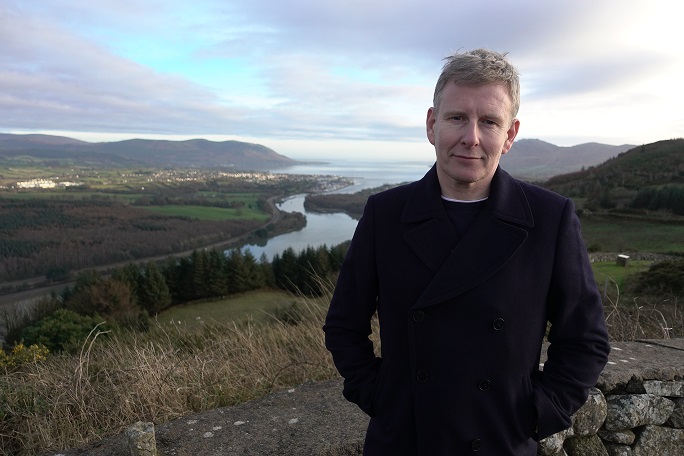
TV/Video Runner Up
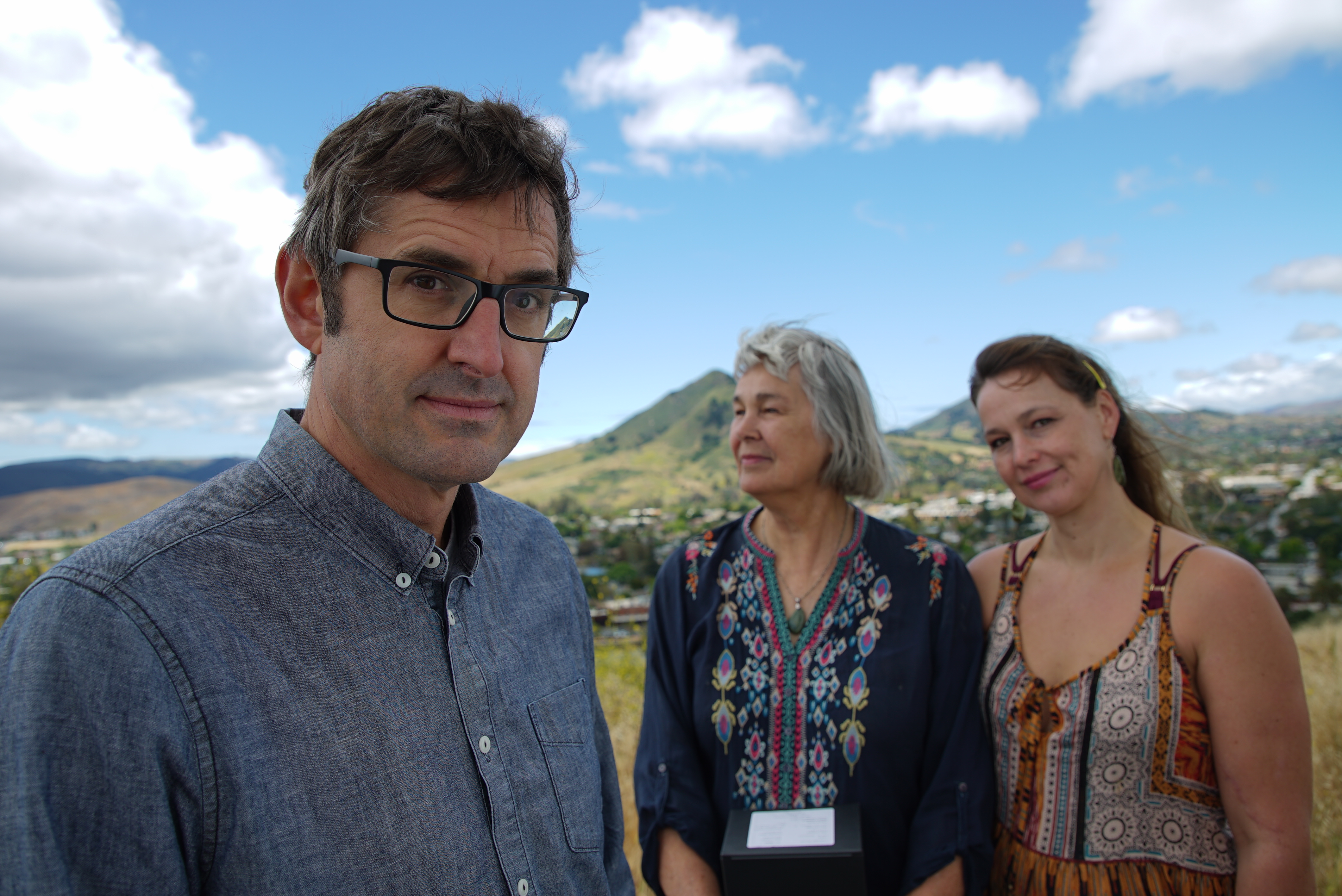
Journalism Award Winner

Journalism Runner Up
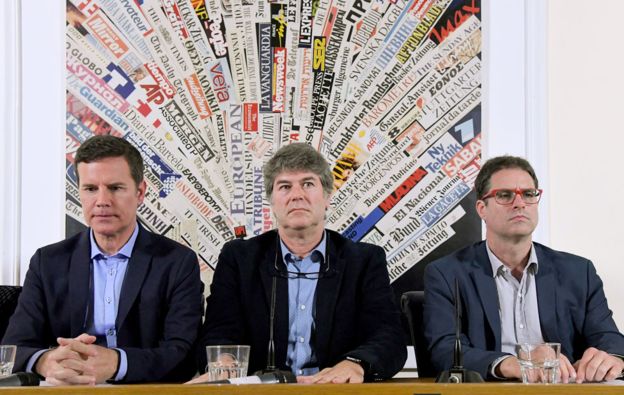
Sandford St Martin Trustees Award
The Most Rev Michael Curry, Presiding Bishop and Primate of The Episcopal Church
Radio/Audio Award Winner
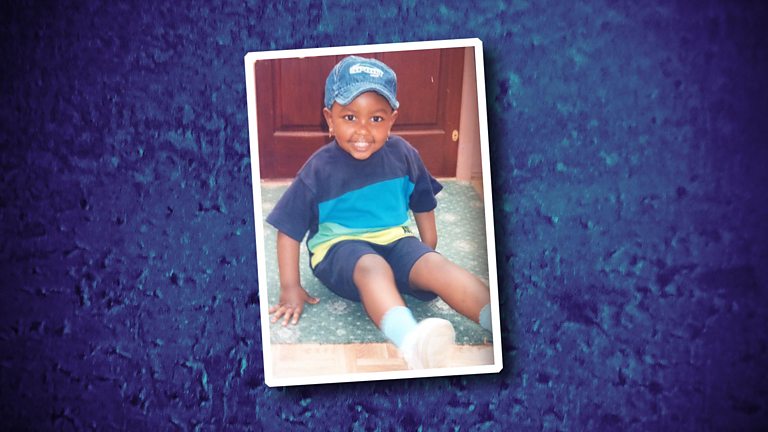
Radio/Audio Runner Up
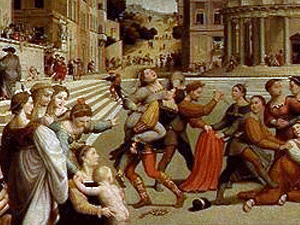
Children’s Broadcasting Award Winner
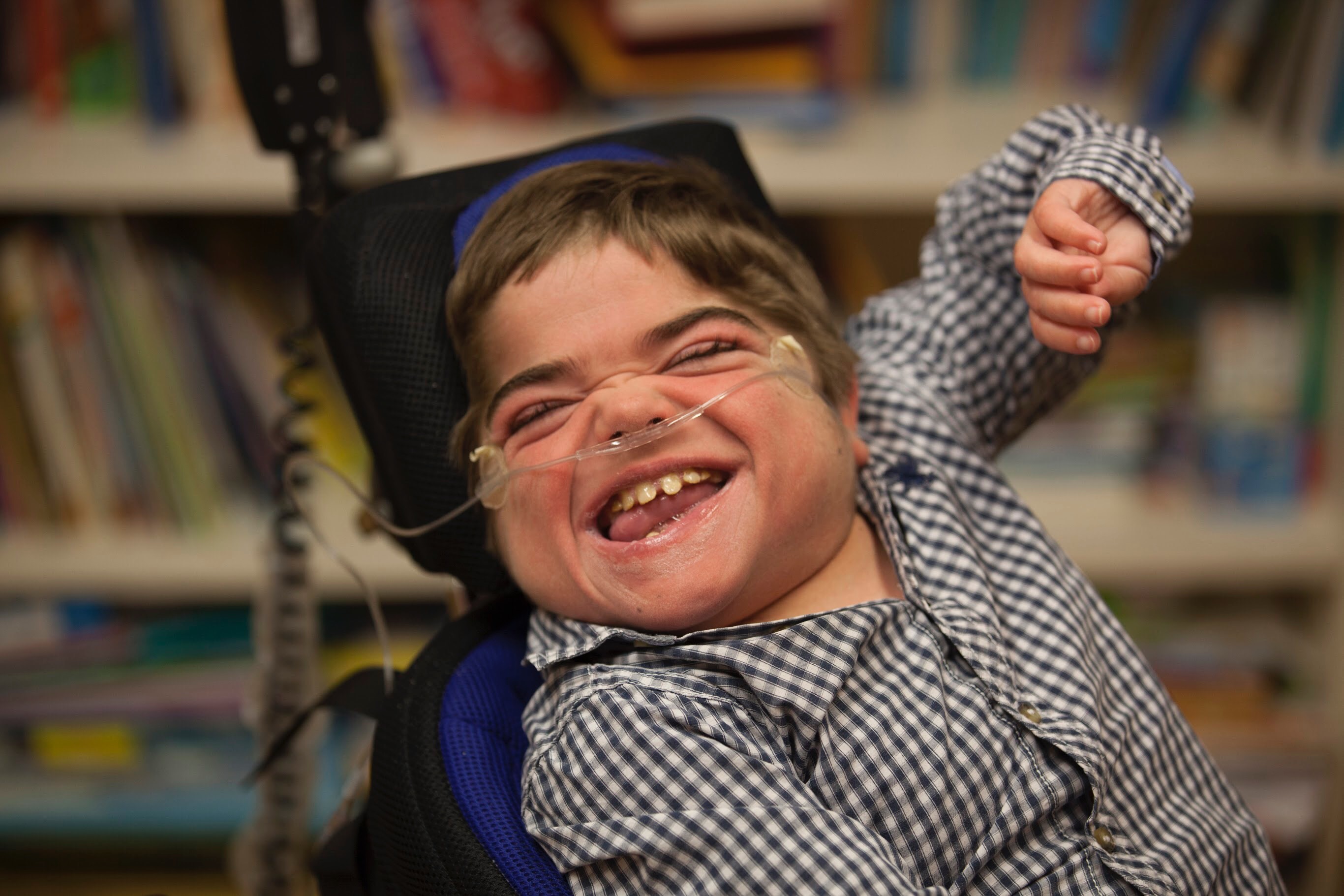
Children’s Runner Up

Radio Times Readers’ Award
